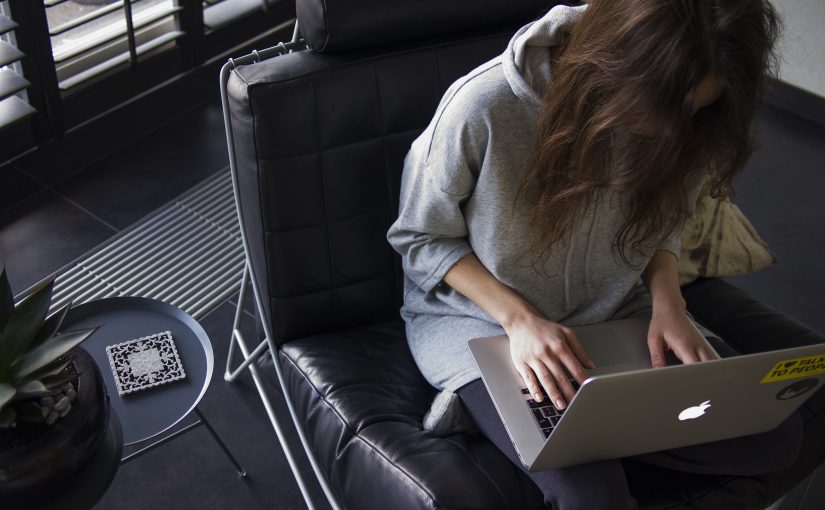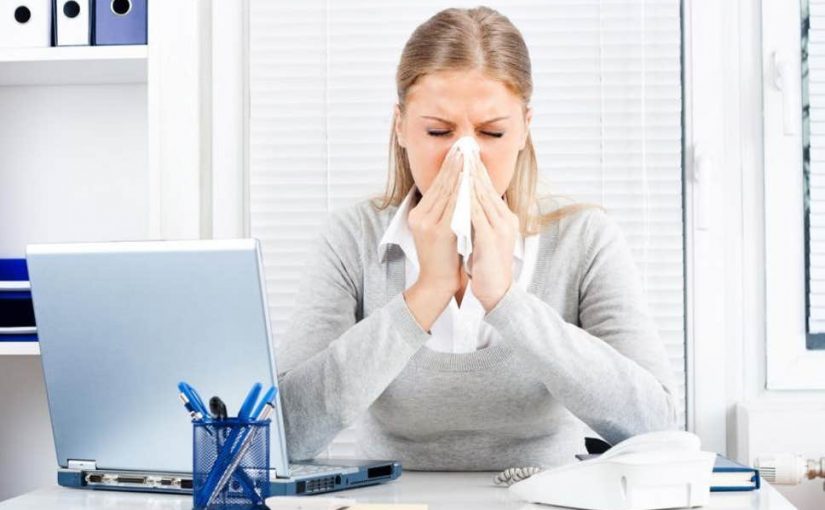We all need to work, but sometimes the close proximity we have to co-workers, colleagues and members of the general public can potentially put us in harm’s way and make us vulnerable to airborne or surface bacterial and viral infections.
The worldwide focus has been sharply placed on this topic with the recent outbreak of the Corona Virus, (COVID 19) affecting virtually every global continent and spreading quickly where people have been in close groups, either in public places or the workplace.
Colds and flus, as well as a wide range of other potential infections can be passed on easily where the right conditions persist, that being humid and warm environments, poorly ventilated areas and places where surfaces are not regularly cleaned / subject to being handled by un-sterilised hands.
What can we do to lessen the chances of picking up bugs or even more serious infections?
Tip 1 – Keep nails short and wash hands thoroughly
It may seem obvious to keep hands clean, but in practice, with our busy lives, keeping on top of a clean hands regimen can often be overlooked, or simply forgotten, but for both air and surface borne germs, it’s the number 1 priority for keeping safe in potentially infectious public areas.
A recent study published by the Journal of Occupational and Environmental Hygiene recorded 10 subjects doing office work for three hours in a room by themselves.
On average, faces were touched 15.7 times per hour! With a similar study of 26 students in South Wales averaging 23 touches per hour, with almost half of those involving contact between the hand and mucous from the nose, eyes and mouth.
So with this insight, it’s vitally important that hands are washed thoroughly and regularly. It’s also a good idea to keep nails short where possible, as long nails effectively create a germ-shelf at the end of the fingers where microbes can easily stick to the under-surface and multiply.
Although short nails may not be practical for women, longer nails should be given particular attention when washing hands and the wash should ideally use a decent amount of soap and water over a couple of minutes duration.
The NHS published a useful article to give the correct hand-washing process, you can read it here In these times of heightened alert and awareness, particularly with Coronavirus, it’s well worth a refresher on correct technique.
Tip 2 – Make your own hand sanitiser…
Since the worldwide outbreak of Coronavirus, costs of both hand-sanitiser and protective face masks has sky-rocketed, the real-time example of the forces of supply and demand in action.
Some retailers have even run out of stocks of these items as manufacturers have limited order amounts to each vendor.
That said, it’s actually a quite easy process to make your own hand sanitiser gel, so you don’t have to scout the empty shelves, and it can have exactly the same, if not more efficacy than leading brands.
We found a good number of easy to follow instructions and videos, which are easy to find on a Google or Bing search.
Tip 3 – Avoid working in overly crowded coffee houses and public areas…
Remote working in cafes, bars and coffee houses can be great, but these warm and humid environments, with many people sharing the same air, surfaces and toileting facilities – and staff being too busy to hygienically clean in the necessary frequency, can be an easy point of infection.
Whilst finding fresh clean and breathable air on your commute can be more problematic, with workspaces the good news is that there are alternative solutions to achieving a higher degree of hygiene and solitude.
As opposed to cafes and coffee houses, professional coworking spaces are often far less populated and offer generally a better ventilated, fresher and cleaner working environment in pristine environments.
Whilst there is still the necessity for the normal precautions, public areas in professional workspaces are generally used with less frequency, which is the same for the washrooms, that are generally better sanitised than the more heavily frequented facilities in cafes and coffee shops.
Tip 4 – Work closer to home…
Long commutes on public transport sitting in cramped conditions in warm humid carriages can potentially greatly increase your potential exposure to harmful bacterial and viral infectants.
Droplet infection from people in close proximity who may be coughing and sneezing thousands of harmful particles of matter is almost unavoidable without the protection of a face mask, and even these only have a limited lifespan of minutes of effective protection.
For many, working at home is simply not an option, as proper facilities, WiFi and even a place to set up and work are not available.
This is where coworking spaces that can be flexibly hired, near to the home, can provide a good alternative and certainly cut down the exposure risk from shared public transport.
Modern coworking spaces provide scrupulously clean work areas, limited to only a few occupants at a time, or even completely private offices if preferred.
With contract-free flexible hire from only an hour, it means that a person can do work in fresh, well ventilated spaces with hygienically clean surfaces, and with exceptionally clean washroom facilities.
As an example, Bludesks provides a searchable database of coworking offices, as well as private offices, hot-desks, dedicated desks and meeting rooms giving a very good choice of locations, all with high-grade business facilities and high-speed WiFi networks.
This provides a viable solution for those wanting to work closer to home and avoid the infection risk of the long commute.
Tip 5 – Carry and use disinfectant wipes…
With the Coronavirus being potentially still active and transferable as an infection agent several hours after droplet contamination of surfaces, carrying a discreet pack of disinfectant wipes can be a really good idea to look after your own work areas and for surfaces such as phones, printers, access keys etc…
Disinfectant wipes are readily available at most chemists, supermarkets or from online retailers.



